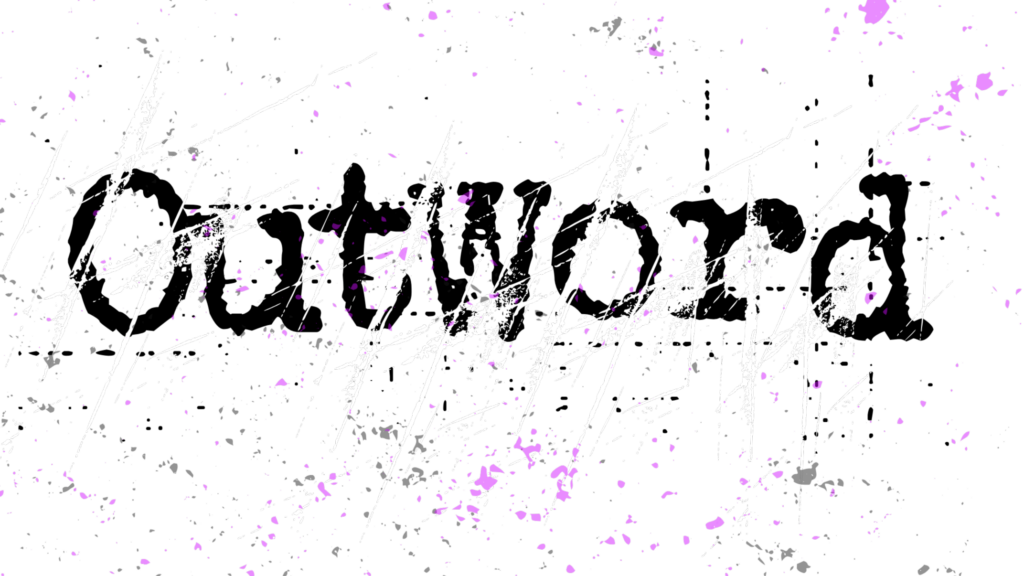Or maybe it’s “Slowing” – slowify?
We want speed. That’s always been the deal, right? All the things you want in the world, the only thing that would make it better is if they showed up faster.
The past month has taught me the difference between urgency and impatience.
People needing food, water, shelter, medical care, help, lifelines – these are urgencies.
The frustration of not having power or internet for a few days? Impatience.
We had no way of really connecting with anyone the first few days after Helene. By word of mouth, we heard that some people were getting cell service if from a bank parking lot on the other side of town. It was just enough to get word out to those who were most concerned – we’re ok, we’ll be fine. The challenge, though, is in getting to the parking lot in a town without any sort of traffic mediation.
Once they cleared I-26 we made our way out of town. Our smartphones lit up with notifications. We shared out updates and posts. We made little videos of the destruction. We spent hours scrolling through our feeds seeing the damage elsewhere, seeing how others endured (or failed to endure) the storm.
In the few days without internet and power, I did a profound amount of reading. We had what we needed and no one around us was hurting, what else could we do? Things were rough, but they felt OK. Then, the internet came back.
On the upside: we were reconnected to the people who needed our help and who could help us. On the downside: so, much, bullshit conversation about the state of the town/city/state. Klout chasers, disinformation, arguments. It wasn’t anything I could do anything about, yet I felt like it was my responsibility to address it all.
The world is too big. Also, it’s too fast.
Algorithms deliver as much relevant information to us as possible. Although, “relevant” and “information” are variables worth questioning. Without them, we have to search for ourselves.
Away from the demanding algorithms, I realised that I wanted to slow down. I understood that going forward I want to do things at my own pace, that I- but most of all my ideas and creativity- need distance from constant production. I need to read, write in my notebook, make love, listen to podcasts. I need to live life to write about it. And so this is exactly what I am doing; figuring out ways in which I can reach this incredible community differently, how I can be there for everyone, myself included, and how to foster relationships that are deep with people who truly believe that this work has meaning.
Lately I have taken a deep-dive into the world of the archivist. Archiving, curating, cataloging and preserving – what is worth keeping? Sharing? What has the kind of long-term significance that is worth keeping a record of?
In The Information, an entire chapter is dedicated to the discussion of what criteria need meeting before a Wikipedia page is established for it. While the criteria seems obvious, it’s rather difficult to get by the more seasoned editors. Just think of a wikipedia page that doesn’t exist yet – do you think you could get it published?
Wikipedia’s Six “Good Article” Criteria (even though I see pages every day that come nowhere close to this criteria).
- Well written
- Verifiable
- Broad in coverage
- Neutral
- Stable
- Illustrated
Social media isn’t worth keeping. It is, as the name implies, a conversation happening on a scale that no one person can comprehend on their own, nor could they participate in it in any practical means.
The algorithm is what happens if you take a 24 hour news channel and somehow make it so, so much worse. It’s not worth archiving because it never stops. You might record it, but rarely is it a clear record of a moment. Rarely does someone’s opinion of current events justify “long-term significance.”
From what I can see, the hardest part of archiving is finding the landmark totems worth keeping, and then developing them in a way that ensures they have timeless context. This is a very slow process.
You share a story online with the push of a button. But we require some kind of automation to remind us of all the pictures we took on this day, last year. Pictures used to happen 24 frames (or so) at a time – exposures on a roll. Now we can shoot hundreds or thousands of photos and videos in day – do we slow down enough to provide the context that makes them worthwhile?
Technology has the promise to help us all create the kind of archives (think of this different from “backlog”) that can add to our experience of living. That is, if we can stop lending our ear to the algorithm long enough to pay attention to it.


